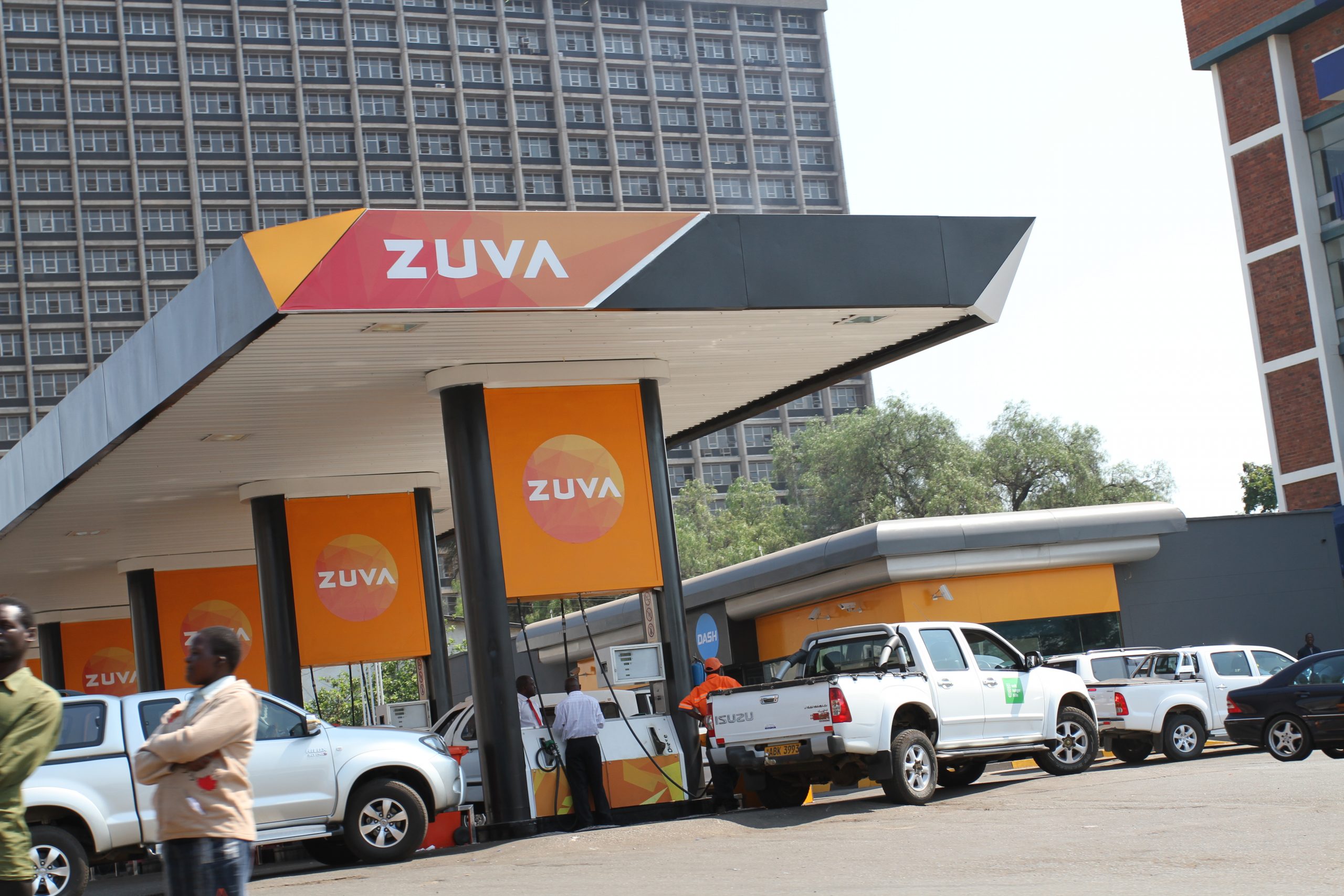
Motorists say the introduction of mandatory ethanol blending has not brought any benefits to them.
BY TARISAI MANDIZHA
Government introduced mandatory blending last year starting at E5 (5% ethanol and 95% petrol).
The mandatory blending doubled to 10% and then 15% on November 30 last year as part of government’s efforts to cut the fuel import bill and to protect the environment from carbon emissions.
In an interview with Standardbusiness, Urban Commuters’ Council of Zimbabwe (UCCZ) president, Simbarashe Ngarande said the commuter omnibus industry was to a lesser extent affected by the introduction of ethanol blending but was expecting to benefit through a significant reduction in the price of petrol.
“It is difficult to tell whether or not any tangible benefits have accrued to our members because more than 90% of our commuter omnibuses use diesel. However, in our capacity as individual motorists we would have expected to benefit by way of a significant reduction in the price of petrol, which unfortunately has not been the case,” Ngarande said.
He however said the government’s move to introduce E20 was welcome if it came with tangible benefits like a reduction in fuel prices and an assurance that it would not cause damage to vehicles.
“Already, there is an outcry over the 15% blending, what more with the 20%? We feel that thorough research and consultations need to be undertaken first before the move is implemented,” he said.
- Chamisa under fire over US$120K donation
- Mavhunga puts DeMbare into Chibuku quarterfinals
- Pension funds bet on Cabora Bassa oilfields
- Councils defy govt fire tender directive
Keep Reading
Last year, Nissan Zimbabwe said the use of petrol blended with ethanol above 10% would render all its products unwarrantable as they were designed to take a maximum 10% of ethanol blended gasoline only.
Critics say the use of the blended fuel meant that fuel ran out faster as ethanol has a lower calorific value compared to petrol. Calorific value is the power one gets from either petrol or ethanol. For instance, 10 litres of ethanol is equivalent to 7,2 litres of petrol in terms of calorific value.
Critics say mandatory blending was for the benefit of an individual, Billy Rautenbach whose companies run Green Fuel, the producers of the ethanol who would make millions of dollars through selling cheap (ethanol) fuel at the high price of unblended petrol.
Green Fuel is a joint venture between Rautenbach’s Macdom and Rating Investments and state-owned Agricultural and Rural Development Authority at its estates in Chisumbanje, Manicaland.
The Zimbabwe Energy Regulatory Authority (Zera) chief executive officer Gloria Magombo said the impact of E15 and E20 ratios would result in the price of fuel going down by US$0,03 per litre.
She however said this would only happen if there was an increase in the prices of fuels on the international market.
“If the prices internationally increase, the reduction will happen. May 2014 to June 2014 has seen an increase in petrol price on the international market by 2c per litre.
“The same changes are expected at the E15 to E20 movement. It should be noted that blending of fuels reduces the magnitude of any increase in fuel prices caused by rapid increases in international prices,” Magombo said.
Magombo said Zera would continue to engage motor industry associations, consumers groups, local automotive distributors and franchise holders on the effects of various ethanol blends on motor vehicle performance. The feedback from these forums and engagements informs the policy formulation.
She said Zera monitored all grades of fuel distributed in the country to ensure that it met the quality requirements specified by the relevant standards and regulations.
“The public who intend to bring in new vehicles in the country should also check the compatibility of their vehicles with the ethanol blends that are currently in force in the country as mandatory blending is government policy which must be followed.
However, bias towards flexi fuel vehicles is recommended,” Magombo said.
She said the country was saving approximately US$4 million per month in fuel imports since the introduction of mandatory blending.
Magombo said the country had made significant savings since the beginning of mandatory blending of unleaded petrol with anhydrous ethanol and the savings include the retention into the country of funds that could have been used to import higher quantities of fuel.
“At 10% blending, the country is saving approximately $4 million per month. The savings increase as the blending levels are increased due to higher displacement of petrol with ethanol,” Magombo said.
Magombo said mandatory blending also resulted in other benefits to the economy which among others include enhanced security of energy supply, employment in the agro-business, reduction in carbon deposits and cushioning the country against international fuel price increases.
She said according to the National Energy Policy, the target for biodiesel blending was 5% by 2020 subject to availability of the relevant feedstock.
The motor industry association wants government to issue legislation on the types of vehicles to be imported.
In March, Magombo told a stakeholder meeting on mandatory blending that in the long term government had to put in place deliberate policies on the types of vehicles to be imported so that local dealers get cars that conform to local fuels.
“It is important that in future we come up with incentives which allow the importation of vehicles which conform to local fuel,” Magombo said. “This is where we should be going as a country.”











